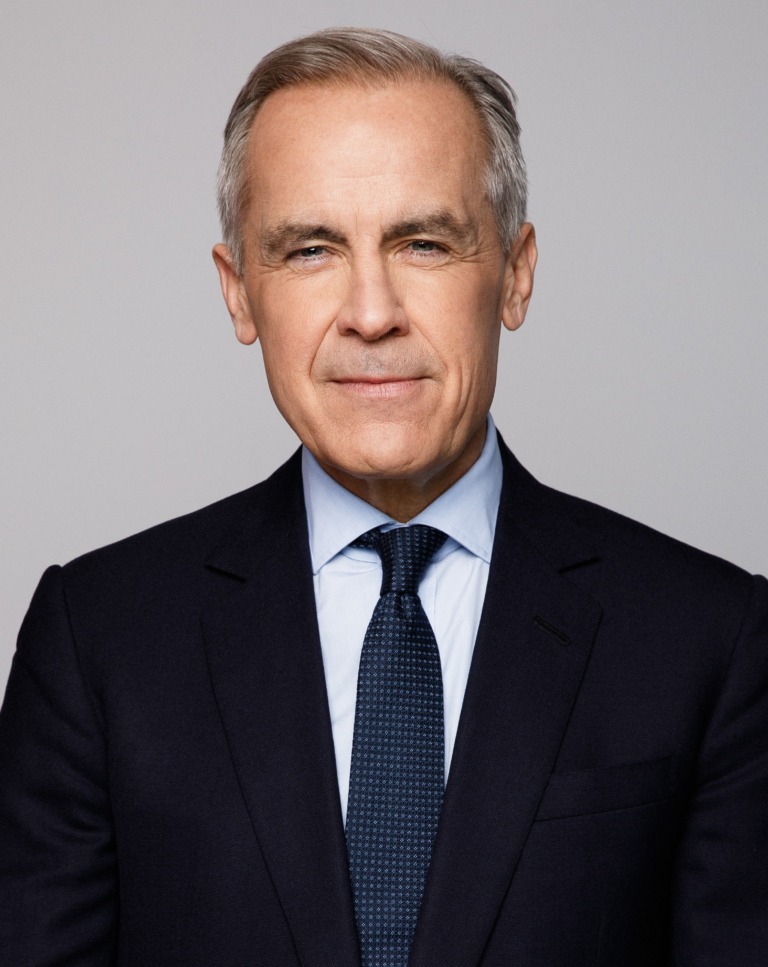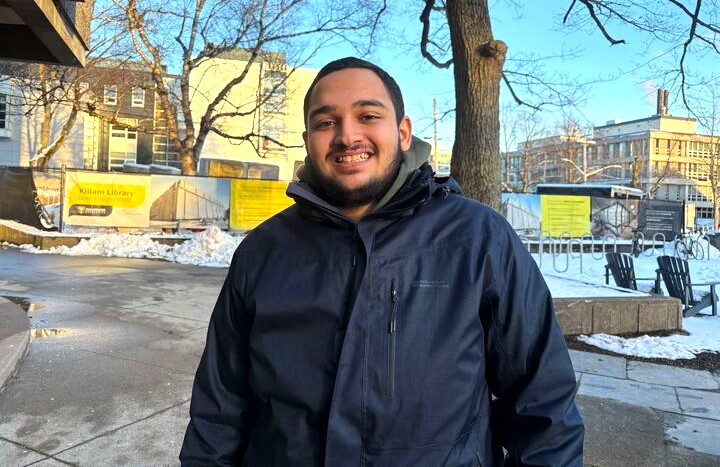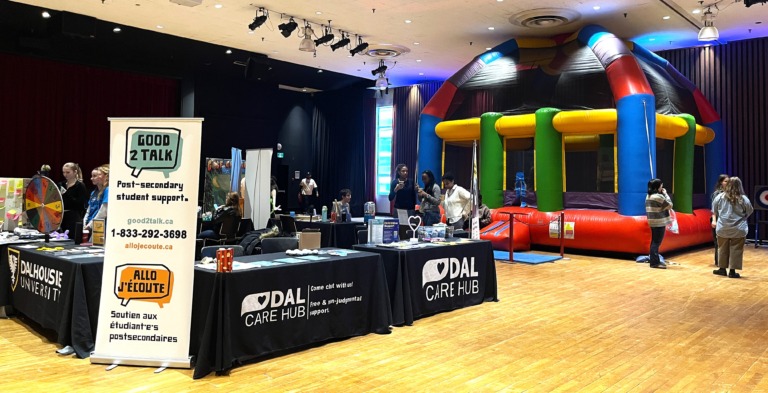
Laura Parlee, Assistant News Editor
Canada’s medical schools may be lagging behind in ethical patient care.
Public health reporter for the Globe and Mail, Andre Picard, published a column last week about medical students performing unnecessary procedures to unconscious patients without their consent.
The article has sparked a vibrant debate on the nature of consent, the importance of practical learning and medical ethics. But according to Dalhousie bioethics professor Lynette Reid, this is not a new issue.
“It’s been a sort of a periodic scandal,” she says. “It came up in the 1980s in the U.K. and then again in the 90s, then from 1999 to 2003.”
The controversy centres on students who perform pelvic examinations on surgical patients still under anesthesia to gain practical experience.
The Dalhousie school of Medicine has always stressed the importance of practical learning. Reid says it’s one of the more clinically based programs in Canada.
Dal medical student, Matthew Clarke, says he learns best by doing.
“There’s certain skills you can’t learn in a book,” he says. “It’s awesome. Gives you more of an idea of what you’ll actually be doing someday. It can get kind of boring and tedious just reading from books.”
“It’s been a hallmark of our program. Our students do well in residency placements because they have a very strong clinical preparation,” adds Reid. “It’s very focusing and motivating to start to contextualize what they’ve learned in science class with the real patients they have contact with.”
However, Reid says she’s never heard of pelvic exams happening here without consent.
“I obviously can’t say for absolute sure that it’s never happened. They’re out in practice and they see a variety of role modeling,” she says.
Clarke is in his first year at Dal’s med school. He says the school has handled ethical dilemmas well in his experience. His professors specifically discussed the issue of un-consensual vaginal or rectal exams in class.
“I thought they handled it really well,” he says.
Clarke says it was made clear that performing any procedure without informed consent from the patient was unethical, and students were taught how to handle a confrontation if a superior asked them to do something unethical.
“It was good for us to get that training,” says Clarke. “It’s still not right for me to take blood pressure if a patient doesn’t know I’m a med student and hasn’t consented to it.”
Reid’s research on the subject suggests that the Society of Obstetricians and Gynaecologists of Canada policy is inadequate for ensuring ethical care.
Both the U.S. and U.K. have more specific policies ensuring that patients give specific consent for medical students to examine them.
“The Canadian guidelines stand alone in asserting that consent to practice exams is contained in the general consent to trainee involvement in surgery,” states a research paper Reid wrote.
Reid explains that the controversy often arises when students are asked to do procedures by their superiors and don’t have the knowledge or confidence to object.
“The ethics issue is: what if you’re asked to do it? There we would discuss that balancing act of being concerned about your own academic investment … and doing a serious wrong-doing,” she says. “How do you maneuver that challenge of being the junior person on the totem pole?”
“It can become confusing to sort out, am I doing this for the patient’s good or their own learning, or both? Where’s the line? It becomes a grey area.”
Reid says Dal is currently working to improve its system for student communication. Under the new system, the medical school aims to be “responsible and responsive” if students feel uncomfortable debating ethics with their superiors.
They also want to increase screening for the medical institutions where their students shadow.
“One of the criticisms of policies people have written so far was that they placed a heavy onus on the student and (are) less clear about the institution’s responsibility,” she says.
These are policies and procedures that we are working on improving,” says Reid. “We’re considering ways to regularly scan the environment and know what’s going on, and proactively address any concerns.”






